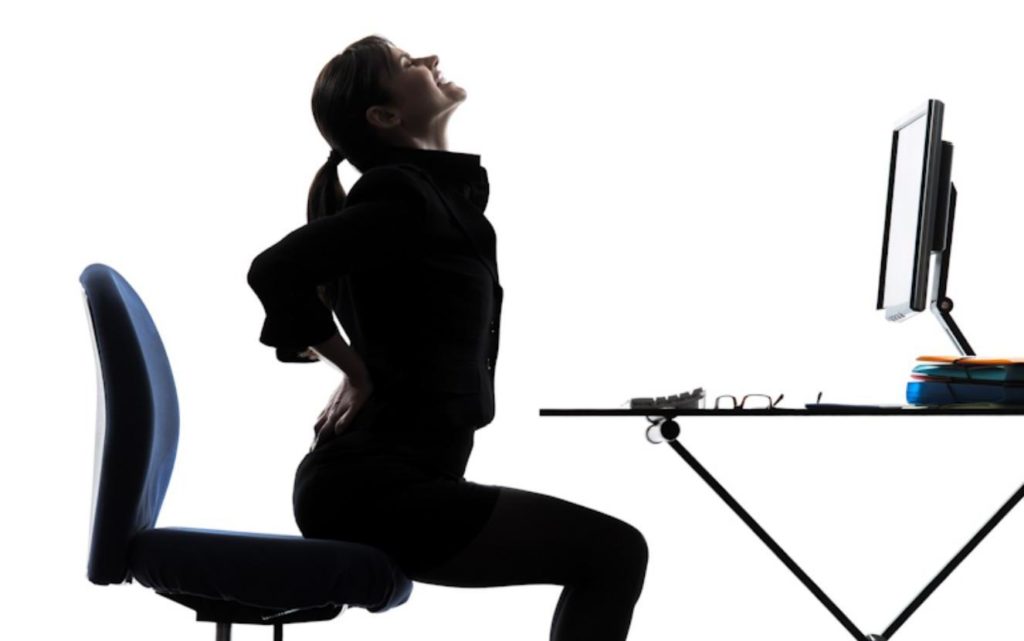
For most, sitting from 9-5 is a job requirement, not a luxury. Unfortunately studies have shown that prolonged sitting could be wreaking havoc on your body physically and mentally. According to studies extended periods of sitting can be deadly.
Let’s focus on the physical ramifications first. The New York Times printed an article in 2011 entitled “Is Sitting a Lethal Activity?” and more recently printed “Sit less, Live Longer,” both articles discuss the consequences of sedentary lifestyles.
The 2011 article highlighted a study conducted by James Levine, a researcher at the Mayo Clinic in Rochester, Minnesota, charting body fat and weight gain in people who sat all day compared to people who made modifications allowing them more movement and exercise. The studies found that “excessive sitting,” according to Levine, “is a lethal activity.” He found that high levels of inactivity can cause significant health problems including decreased muscle tone and function, weight gain and other weight related diseases. A separate study by the American Cancer Society found that the men who spent six or more hours a day sitting had a death rate that was 20% higher than those who sat for 3 hours or less. For women the rate was about 40% higher.
Additionally, a person who is inactive for 6 hours or more a day can also suffer from mental repercussions that can affect their everyday life. Inactivity can cause high anxiety, depression, and stress. Even small amounts of exercise can improve memory and mood and reduce stress.
There are a few simple ways that you can ward off some of these scary stats and keep yourself healthy:
Take breaks: Short breaks make a difference.
Get up: Walk around a couple of times during an hour; walk to the water fountain or to a coworker’s desk instead of sending them an e-mail, or stroll around the building for a breath of fresh air.
Stand: If leaving the office or your post is not an option, make a commitment to stand up every time you answer the phone or pace while having a conversation or brainstorm.
Take it to extremes: Use an exercise ball as your desk chair. This will cause you to engage your core and glutes while sitting and balancing on the ball. Not your thing? Ask your boss for a stand up desk or station instead of a traditional desk. Small changes can make a difference.
Even if you are not willing to take extreme measures to change your daily activities, you will be surprised how much more refreshed this can make your body and mind.
A physical therapist can provide important tips on improving overall physical health, body mechanics and positioning.
“Is Sitting a Lethal Actitivy?”: https://www.nytimes.com/2011/04/17/magazine/mag-17sitting-t.html
“Sit less, Live Longer”: https://well.blogs.nytimes.com/2014/09/17/sit-less-live-longer/




